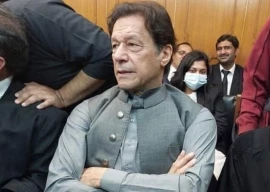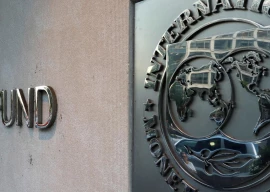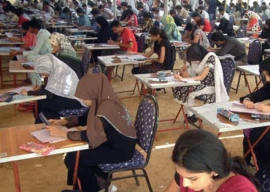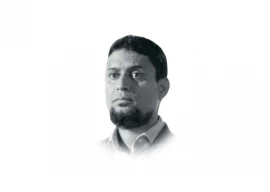
A concerning incident at a posh cafe in New Delhi shows how difficult life is becoming for overtly visible Muslims in India, even in more liberal areas. A group of hijab-clad women was reportedly denied entry into a popular Mediterranean restaurant near Jamia Millia Islamia University. The women told local media that the restaurant’s receptionist first stopped them to ask if they had reservations. When the women said they did not but were willing to wait, the receptionist flatly said burqas are not allowed inside, after which the women left without arguing. The women said when they contacted the restaurant later, a male team member told them hijabs were against the restaurant’s dress code.
The brother of one of the victims raised the issue on social media, which elicited an apology from the restaurant management, which also said there is no hijab ban, and the matter was due to employee confusion over the actual dress code. The restaurant’s managing director emphatically said there is no policy against “any attire like saree, burqa/hijab, etc”. The victim’s brother also appeared to back this up, saying a restaurant official had said they have an ‘allowed’ list which includes formalwear and some types of casual clothing, but there is no ‘not allowed’ list, and the reception staffer had probably misunderstood the lack of an explicit mention of burqas being allowed to mean they were banned.
But while this issue looks like a case of poor staff training, the fact that the staffer made such a huge leap of logic is that it is completely feasible in a country where Islamic religious garb is under assault from federal and state governments, that a restaurant would ban articles of clothing that express religious sentiments that ‘offend’ powerful elected and unelected extremists. Several Indian states have introduced bans on headscarves in recent years, especially in educational institutes. Some of these bans are clearly Islam-specific, as rights activists in several states have not been stopped from wearing a ghunghat — a Hindu religio-cultural head covering.
Published in The Express Tribune, April 19th, 2024.
Like Opinion & Editorial on Facebook, follow @ETOpEd on Twitter to receive all updates on all our daily pieces.






























COMMENTS
Comments are moderated and generally will be posted if they are on-topic and not abusive.
For more information, please see our Comments FAQ